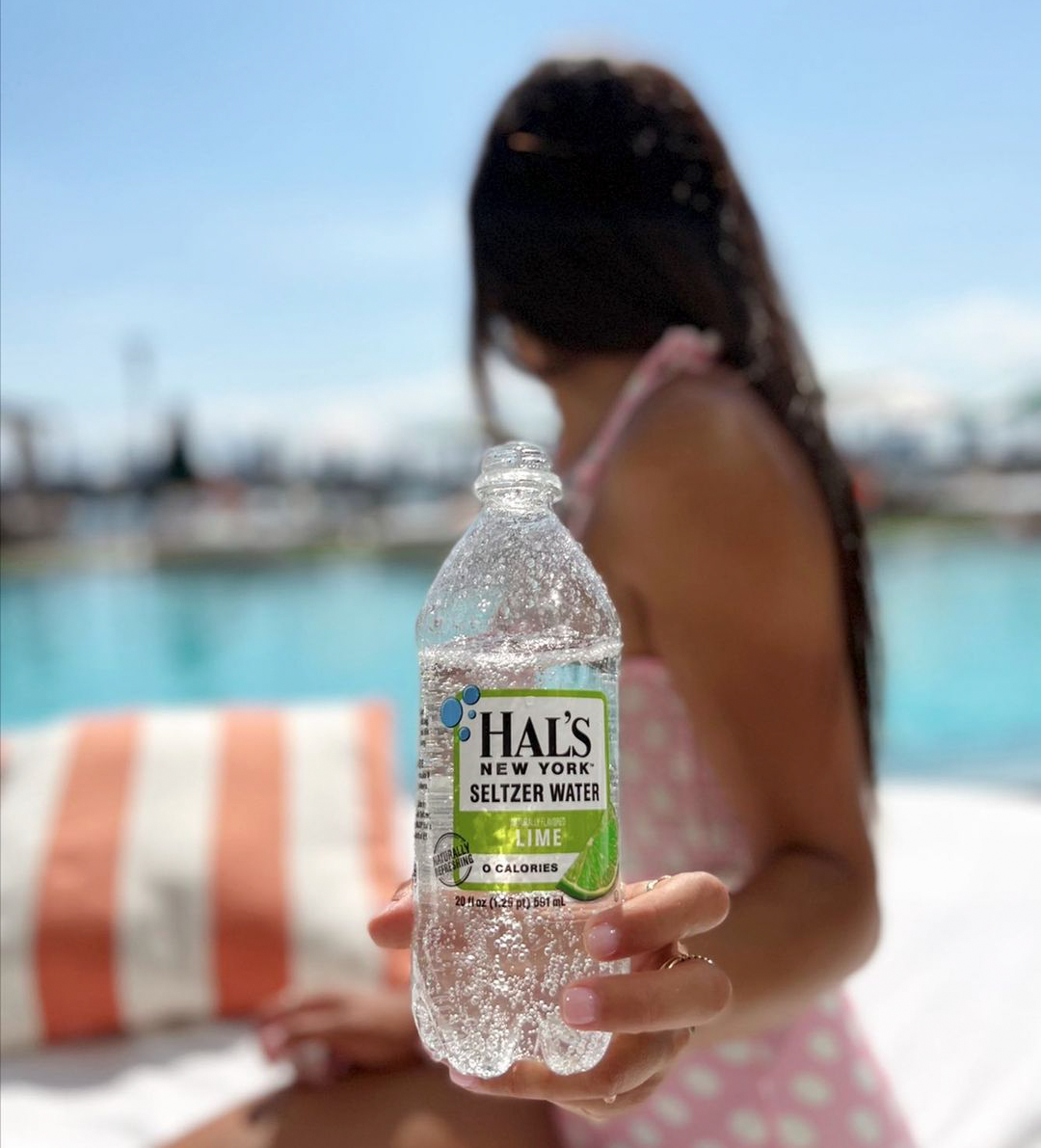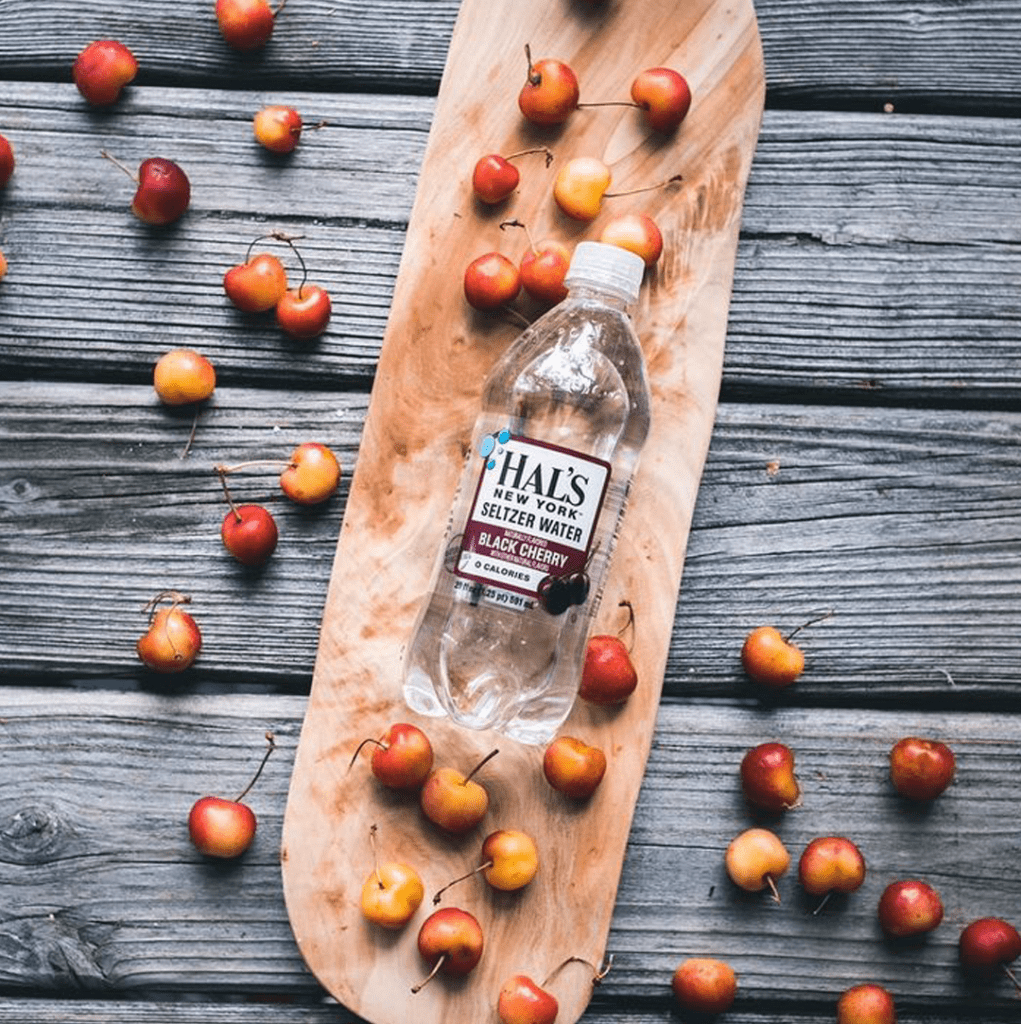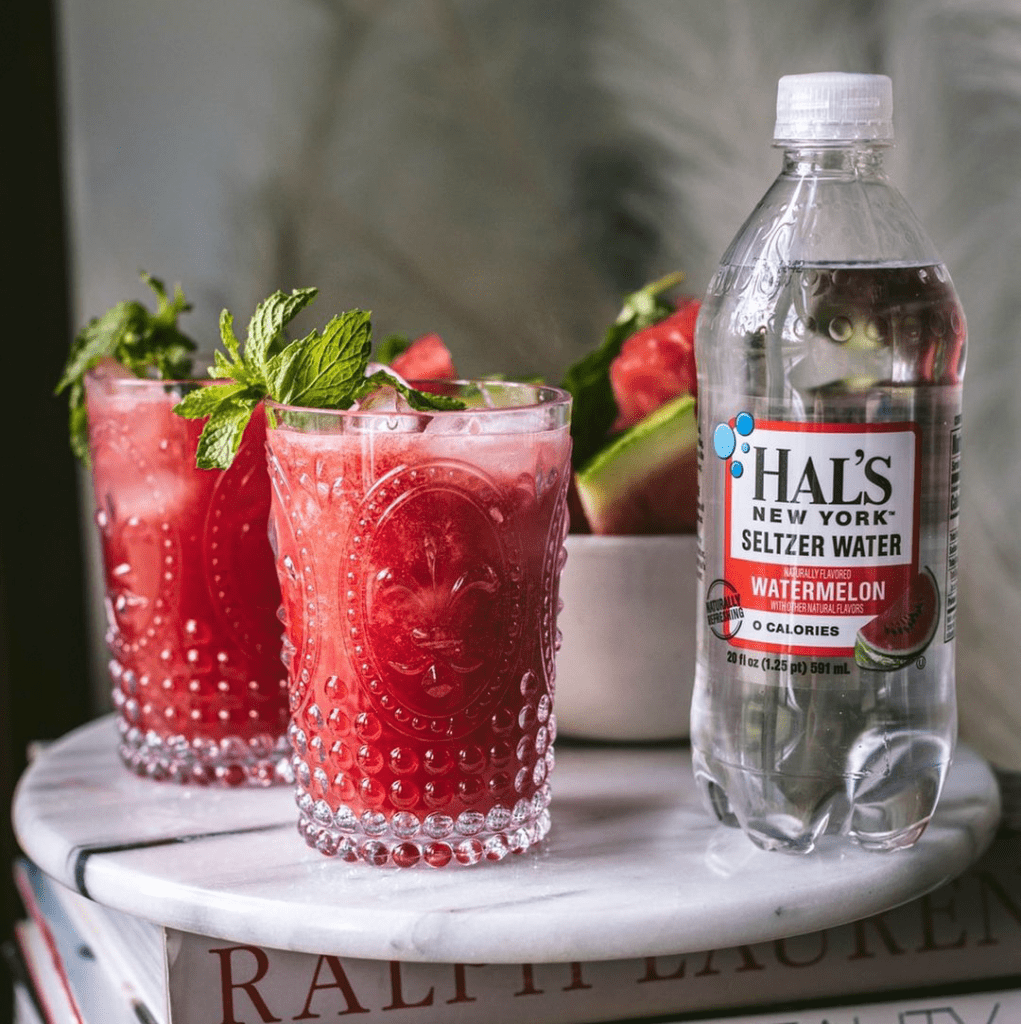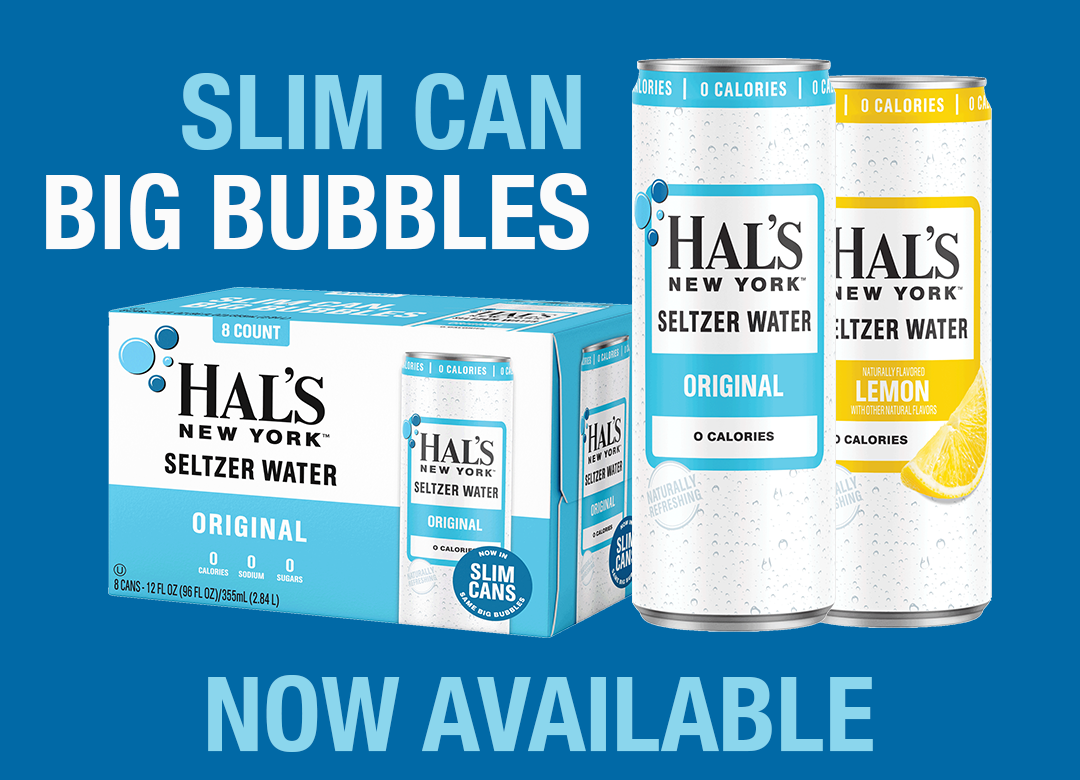Why Hal's
New York Loves Variety
Sodium Free
According to the American Heart Association: “Too much sodium in your system causes your body to retain (hold onto) water”. This puts an extra burden on your heart and blood vessels. In some people, this may lead to or raise high blood pressure. Having less sodium in your diet may help you lower or avoid high blood pressure. Not all seltzers are created equal, which is why we believe that creating a seltzer which no sodium is extremely important. With Hal’s you can feel good about drinking in an effort to lower your blood pressure.


Certified Kosher
Under the supervision of the Orthodox Union, our seltzer and production facility are certified Kosher and kept to the strictest of standards in order to uphold this certification.
Filtered 5x Before Bottling
Activated carbon filters are used to remove free chlorine from water and organics such as fulvic and humic acid.
Removal of solids larger than 5 micron.
Reverse osmosis is a filtration method that passes water through pores in a filter membrane that are so small, only the pure water is able to get through. Other contaminants are physically too large (including micro yeast, bacteria, etc.) and thus unable to pass through the pores of the system, so they do not enter into the drinking water supply.
A 1 micron polishing system can remove impurities from water, including sediment, bacteria, and viruses, to produce high-quality, pure water.
Ultraviolet treatment system that "kills" anything that may accidentally survive the reverse osmosis system.
This is 99.999% pure water
Locally Produced
Sustainability Tracking, Assessment & Rating System (or STARS) states that items produced within 150 miles are considered “local”. Our production facility is only 15 miles away from the heart of New York City so you can feel good about the fact that our quality seltzer doesn’t have to make a long journey to reach the New Yorkers that love it.

Additional Benefits:
If you’re looking for a fizzy beverage, but don’t want your bubbles paired with sugar or sugar substitutes, seltzer is the answer! At 0 calories and 0 grams of sugar per serving, this drink delivers flavor and fizziness that is most enjoyable. If you aren’t ready to cut out sugary drinks altogether, you can use seltzer water to help trim the calories in other favorite drinks like wine and fruit juices, too.
Make a white wine spritzer, for example, by filling your glass halfway with wine, then splashing in some club soda. Five ounces of white wine contains 121 calories, so you’ll reduce that number by one-half or one-fourth by tempering your drink with sparkling water. Similarly, a cup of orange juice has 112 calories; reduce your caloric intake by using less juice and more fizzy water.
You may not think of water as a nutrient, but it is essential for good health. Water keeps you hydrated, is necessary for moving nutrients throughout your body, keeps you feeling full between meals and reduces fluid retention. Most Americans don’t drink enough water, according to dietitian Sheila Tucker from Boston College. The amount of water you need to drink each day depends on age, gender, food choices, activity, weather and health conditions.
In general, you should aim for 1 quart of water for every 50 pounds of body weight, or 3 quarts a day for a 150-pound person. Adding carbonated water to your drinking routine may help you meet your daily fluid needs to stay hydrated.
You’re feeling a little sick to your stomach after eating, drinking a glass of carbonated water can help, according to a 2002 study published in the “European Journal of Gastroenterology and Hepatology.” Indigestion, also known as dyspepsia, is a term used to describe a variety of symptoms that occur in the upper abdominal area and may include bloating, nausea, vomiting or quickly feeling full after eating. The researchers say that carbonated water helps.
The same 2002 study also found an improvement in constipation in the study participants who drank carbonated water. When you’re dealing with constipation, you know to up your intake of foods high in fiber. But getting enough fluids is as important as fiber when it comes to constipation. Fluids, such as carbonated water, help the fiber work better in your gut and make stools normal and regular.

Perfect for any occasion
Refresh your day with a crisp and bubbly seltzer water, perfect for staying hydrated during a workout or to enjoy during a relaxing day at the beach. Or indulge in a satisfying crunch with a bag of chips, perfect for satisfying your cravings at lunchtime or as a snack while watching a movie.


